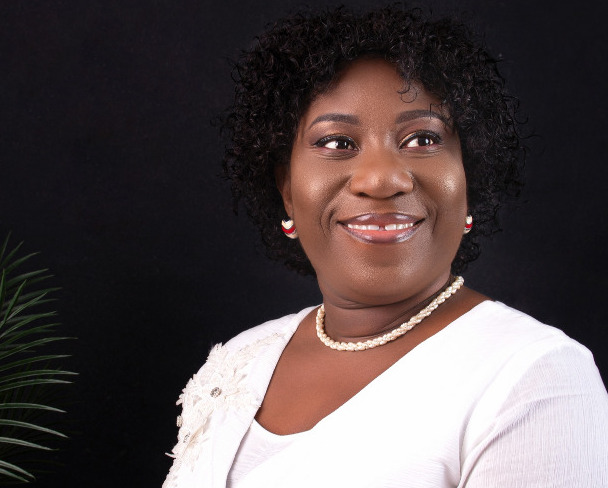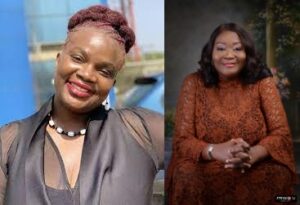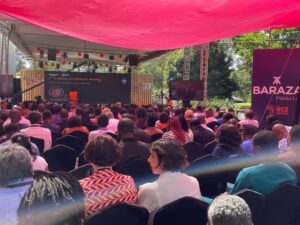In her opening address at the 4th edition of the Female Reporters Leadership Programme (FRLP), last Monday in Lagos, the Executive Director of the Wole Soyinka Centre For Investigative Journalism (WSCIJ) Mrs Motunrayo Alaka made a renewed call for more women in the leadership of media organisations in the country.
She expressed concern about the low number of women in leadership of various media organisations, noting that women were “underrepresented and misrepresented in many ways” according to a survey conducted by her Centre.
“The result of the status of the leadership of the female reporters in the newsroom with senior editors showed that we had a ratio 8-2 in favour of the men. For the board of directors, we had a ratio of 7-2 in favour of the men. And for management, we had a ratio of 10-2 in favour of the men,” she stated adding that “Very few women are on cover pages of Newspapers and headline stories in the broadcast media. Many times, women are presented as victims, when they make the news.”
Alaka’s call comes on the heels of the recent findings of the 6th Global Media Monitoring Project (GMMP) that all things remaining equal, it will take at least 67 more years to close the average gender equality gap in traditional news media worldwide.
The GMMP report by the World Association for Christian Communication (WACC) which is the largest global research and advocacy initiative on gender equality in news and journalism noted that while statistics on women’s visibility as reporters and being quoted as experts indicates slight improvement, it shows a loss in the quality of stories from a gender perspective.
“After #MeToo, stories on gender-based violence (GBV) hardly make the major news of the day and in the 1% of times that they do, women and girls are severely underrepresented. Fewer than half of gender-specific stories actually highlight gender (in) equality issues,” the report stated.
The findings by the Centre and WACC which are consistent with what has been the case of women representation in the media, not only in Nigeria but globally indeed deserve more attention ever than before.
While women in broadcast organisations get a slightly fair share of top media positions, those in the print media are largely missing at the top. A national print and broadcast media organisation recently announced the promotion of 19 Editors, Directors and managers and none was female.
Considering the projected global population of women to men which is 49.6 per cent to 50.4 according to the World Population by the United Nation in 2017, it is not worrisome that the media is not making enough conscious efforts to address the imbalance.
While the imbalance may not be deliberate on the part of the media as other researches have shown, it is necessary that the media become more intentional in addressing the issue in the leadership of their organisations and reporting of women issues.
What Alaka and other gender advocates are calling for is not necessarily equality since appointments of media managers and decisions on media contents are based on competence, experience, qualifications and editorial judgements, but equity.
Equity means that women should get a fair chance like men and not be consciously or unconsciously be denied some top positions, be underreported or not quoted as experts because of myths and misconceptions about them.
In my presentation on why women matter in newsroom leadership at the fellowship, I noted among others that there is the need to reflect the composition of the workforce, give equal opportunities to women like their male colleagues, have female contributions in policy decisions, have gender-friendly policies, maximise the diversity of skills irrespective of gender and inspire upcoming female journalists.
The media cannot be advocating for better representation of women in other sectors as it has been doing and not show a good example of what it is calling for.
Media organisations need gender policies and other conditions of service that makes more women want to work long in the industry and aspire for top positions.
The media must regularly audit its content and ensure that every gender is fairly reported. Where there is a will, there will be a way.






